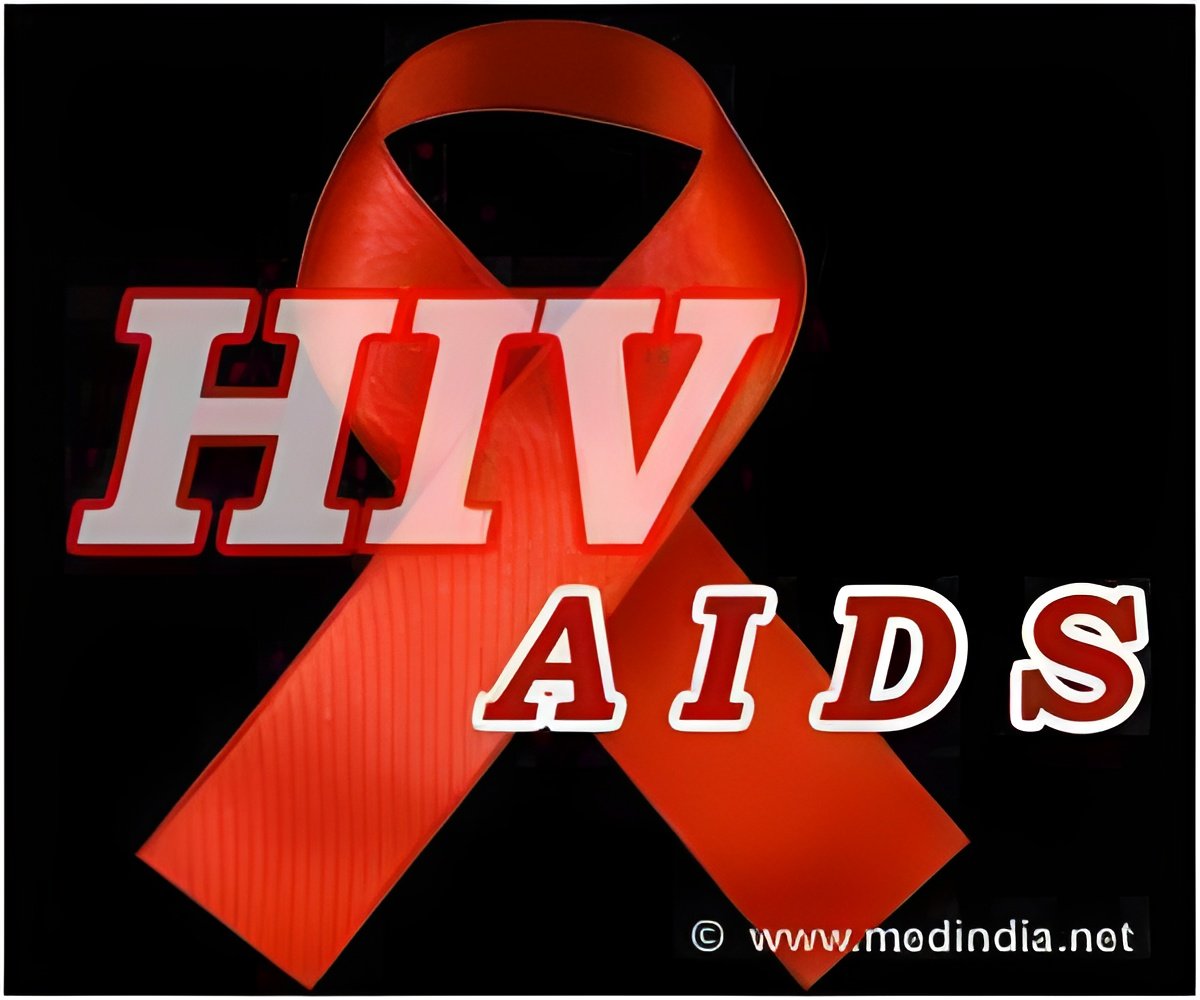Achilles heel of an important HIV replication protein may have been found by researchers.

Previous research demonstrated that a small HIV protein called Nef interacts with many other proteins in infected cells to help the virus multiply and hide from the immune system.
The Pitt group developed a way to track Nef activity in high-throughput drug screening protocols by linking it to an enzyme called Hck, which is activated by Nef in HIV-infected cells, explained senior author Thomas E. Smithgall, Ph.D., William S. McEllroy Professor and Chair, Department of Microbiology and Molecular Genetics.
"We reasoned that agents that prevent Nef from its usual interactions with other proteins might be able to stop HIV from replicating and infecting other cells," Dr. Smithgall said.
"For this study, we devised an automated screening procedure and tested nearly 250,000 compounds to find ones that could block Nef activity," he said.
One of the compounds they discovered, called B9, seemed particularly potent at blocking Nef. In follow-up experiments, the research team examined how B9 accomplished this and found that it could prevent two Nef molecules from interacting to form dimers as effectively as a mutation in a critical area of the protein surface.
Advertisement
"This pocket where B9 binds to Nef and where Nef forms a dimer indicates it's a hot spot, or Achilles heel, that could represent a new target for HIV drugs," Dr. Smithgall said.
Advertisement
The study has been recently published online in Chemistry and Biology.
Source-ANI















